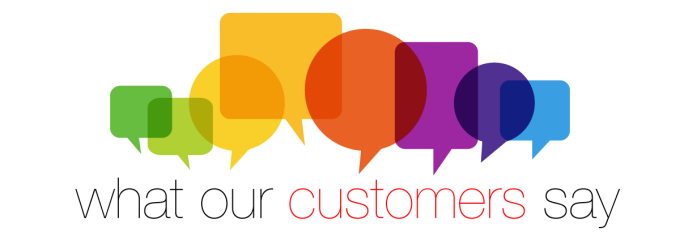Listening is defined as giving one's attention to sound or action. Listening involves complex affective, cognitive, and behavioral processes. Affective processes include the motivation to attend to others. Cognitive processes include attending to, understanding, receiving, and interpreting content and relational messages. Behavioral processes include responding with verbal and nonverbal feedback.
Semiotician Roland Barthes, a French theorist and philosopher, characterized the distinction between listening and hearing as “Hearing is a physiological phenomenon; listening is a psychological act.” Hearing is always occurring, most of the time subconsciously. In contrast, listening is the interpretative action taken by the listener in order to understand and potentially make meaning out of what is being communicated. Listening occurs on three levels: alerting, deciphering, and understanding the information being transmitted in sound waves.
The angels once whispered that the human mind cannot fully receive what is being communicated while thinking of a response. Their message was that the ability to listen is an art form essential to learning and expression. I have noticed that even when people are listening on some level, they often hear what they want to hear (tee hee), which becomes their interpretation or perception. Let’s engage in the art of listening for a whisper on the subject of listening:
True listening activates multiple body and ‘clair’ senses, using cognitive skills to receive, interpret, feel, and create understanding on many levels of consciousness. The best listener is one who is curious, open, and willing to silence their mind long enough to become fully present in the moment. The inability, unwillingness, or resistance to any vibration created by sound waves is an indicator of many possible factors, some related to the soul mission.
Some are not ready or able to receive or process the information, while others cannot bring their mind to the stillness needed to listen. Listening can suggest taking action or accepting responsibility, learning or making discoveries, empathizing or finding compassion, letting go of false beliefs or finding the need to make changes. Awakening energies increase consciousness to create the best listener, mostly due to changes in perception and the spirit-driven invitation to seek the truth.
Listening is the greatest tool for learning the lessons that lead to soul growth, wisdom, fulfillment, destiny, and enlightenment. The path to love becomes illuminated by the understanding that follows listening to the sounds of nature, hearing the knowledge from others, and channeling the whispers from spirit and from the heart. Listening is the spiritual art of discovering the truth and silencing the false narrative created out of ego.
To be the best listener, learn to be present by focusing on breath, meditating, intentional movement, and willful enjoyment with receiving the sound of silence. Find gratitude in the process of taking mindful inventory of life. Take responsibility for actions and become aware of the energy you project into the world. Listening is connecting to your soul and loving what you hear. Motivate and inspire others by your skillful presence as a listener.
Bring joy, ease suffering and create beauty, then dance like you mean it!
Blessings, Russell
“Listen with curiosity. Speak with honesty. Act with integrity. The greatest problem with communication is we don’t listen to understand. We listen to reply. When we listen with curiosity, we don’t listen with the intent to reply. We listen for what’s behind the words.” Roy T. Bennett

